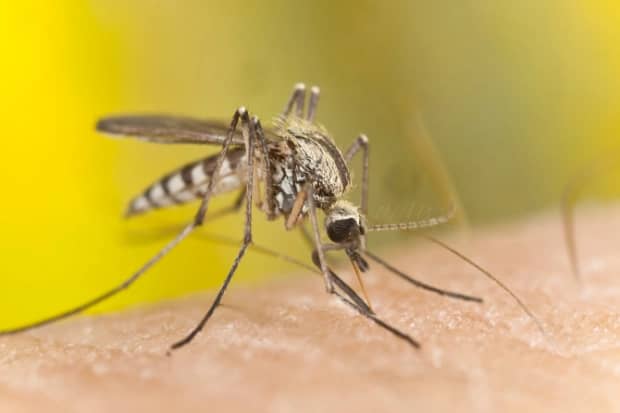Florida approves release of 750 million genetically modified mosquitoes

Florida officials have approved the plans to release 750 million genetically modified mosquitoes, targeting reduction of the natural population and spread of diseases.
The plans are aimed at reducing the population and spread of Aedes aegypti, known to be the carriers of diseases including dengue fever, yellow fever, zika and chikungunya.
Authorities in the Florida Keys approved the initiative scheduled to start next year, 2021 and last for a period of two years.
Florida Keys Mosquito Control District, owned by US but based in UK, Oxitec Biotechnology company, will supervise the release of the genetically modified mosquitoes into the environment in a bid to allow them mate with the naturally occurring Aedes aegypti population.
All male insects from the lab do not bite but are expected to mate in the wild with female mosquitoes which carry diseases including dengue fever, yellow fever, zika and chikungunya through biting humans, according to a report.
Although the insects are not native to Florida, a news agency said there have been up to 50 reported cases of Dengue in Florida Keys this year.
“The mosquito release program could reduce the costs incurred by traditional methods of containment, such as pesticides, by up to 90 percent,” Oxitec said in a press release.
Another report said there has been 95.1 percent reduction in the number of disease-carrying Aedes aegypti in urban areas after a 13-week project in the Brazilian city of Indaiatuba.
However, environment groups have criticized the project, describing it as something out of Hollywood.
“The administration has spent millions of dollars of tax payer money on a Jurassic Park experiment,” said Jaydee Hanson, policy director for human genetics, nanotechnology and synthetic biology at the International Center for Technology Assessment.
Hanson also noted that the United States Environmental Protection Agency has not carried out a comprehensive study of the potential environment impact release of the mosquitoes into the wild could possibly have.












